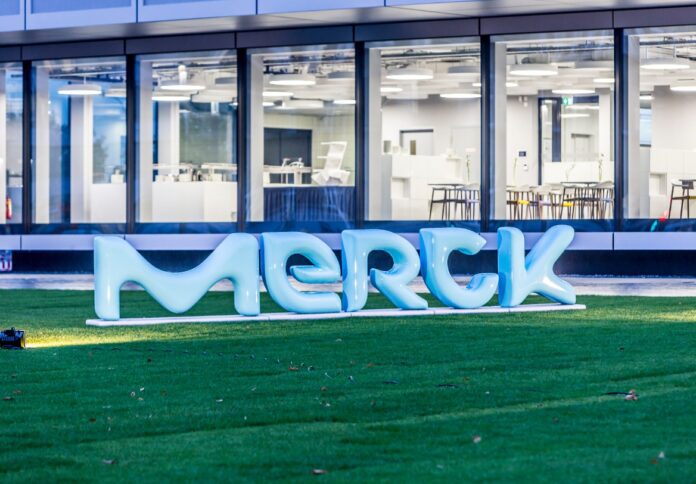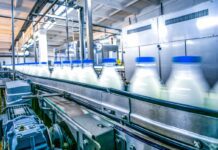
Merck, a leading science and technology company, announced a shift in its cold-chain shipping practices for its Life Science business in Australia.
Effective 1 September, the company will transition from traditional expanded polystyrene (EPS) insulation to wool-pack insulation.
This change is expected to replace approximately 300 cubic meters, or 3.6 tons, of non-recyclable EPS annually, the company said in a media release.
The wool-based packaging has been validated for one-day shipments of pharmaceutical products, even under the demanding conditions of the Australian summer.
Rebecca Lee, managing director at Merck Life Science Pty Ltd, emphasised the importance of this move, stating, “By moving to wool- and fibreboard-based insulation for cold-chain shipments, we offer our customers sustainable packaging solutions without sacrificing our customary one-day transit time.”
She added, “This transition reflects Merck’s dedication to reducing our environmental footprint and promoting a more sustainable value chain.”
The wool- and fibreboard-based insulation, produced by Planet Protector Packaging, eliminates the use of EPS in shipments that require temperature regulation between 2°C and 8°C.
Additionally, the company plans to reduce waste further by printing packing labels directly onto the fibreboard boxes, eliminating the need for separate labels.
According to Merck, this initiative marks a first for its operations in the Asia-Pacific region and underscores the company’s commitment to sustainability.
It directly supports Merck’s SMASH Packaging strategy, which aims to systematically improve the sustainability of both new and existing packaging as part of the company’s broader sustainability objectives.
Merck has set ambitious sustainability goals for the coming decades, which were approved by the Science Based Targets initiative in May 2022.
These include advancing human progress for over one billion people through sustainable science and technology by 2030, fully integrating sustainability into all value chains by 2030, and achieving climate neutrality and reducing resource consumption by 2040.




















